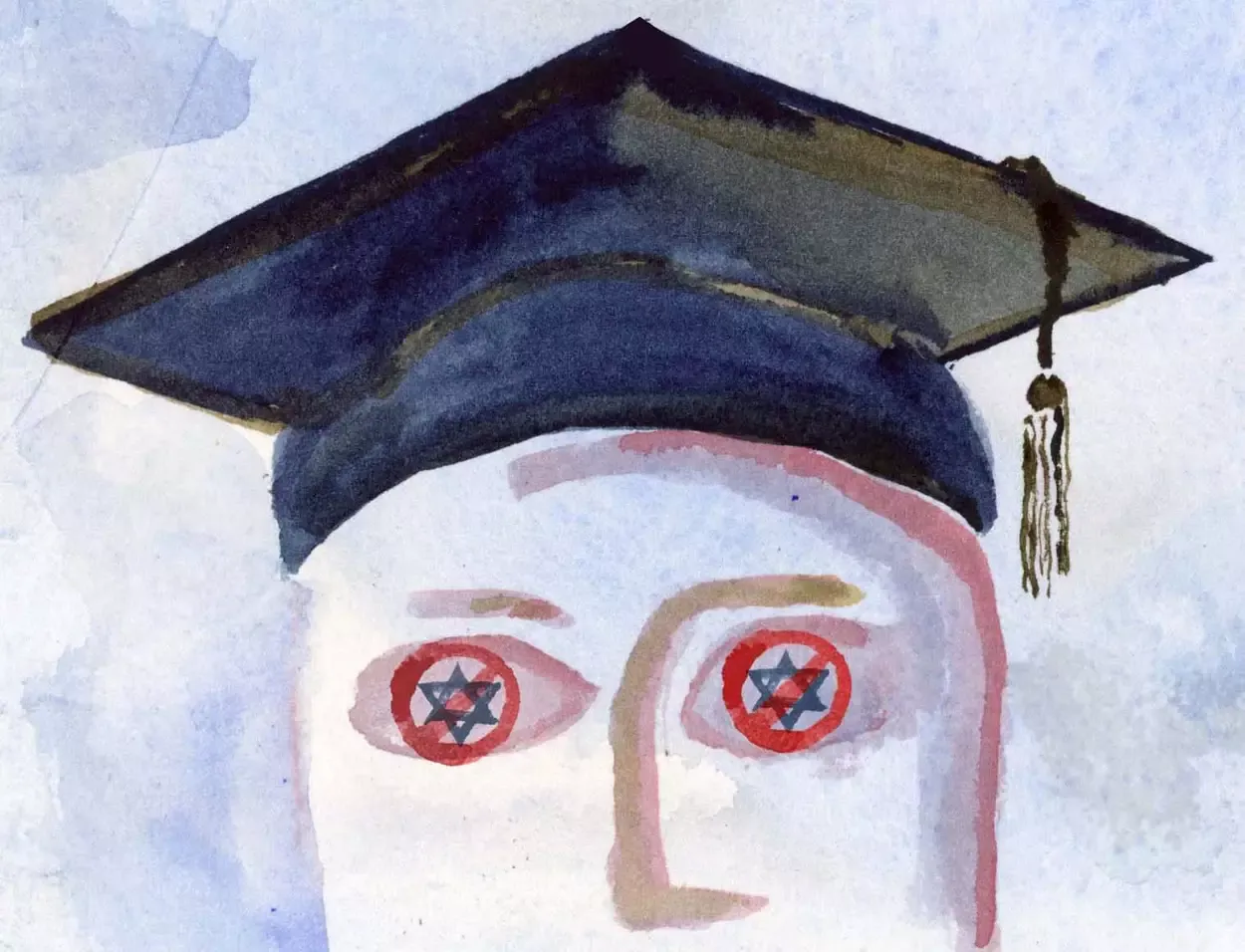
This article has been making the rounds. I don't have time to analyze in detail right now. But I will note that at least 3 of the 4 comparisons they rely on for their conclusion are bogus, in so far as there are obvious noninvidious explanations for them.
For example, if more educated people are more likely to say BLM protestors should be exempted from Covid regulations than Orthodox Jewish funerals, it is likely because they value anti-racism more than religious observance generally (and also perhaps because some dislike religious traditionalism generally).
You would get the same result if you asked them to compare BLM protests with, say, Catholic funerals or evangelical Protestant ones. Similarly, believing that Montessori schools should be subject to less regulation than Orthodox Jewish ones is easily explicable by a preference for secular over religious education more generally.
I have many more points where those came from. But the bottom line is clear: this is nowhere near enough to overturn decades of data showing that anti-Semitism (like most other types of racial and ethnic prejudice) is inversely correlated with education.
This is NOT to deny that there is a problem with far-left anti-Semitism, many of whose adherents are highly educated. The idea that anti-Semitism is the socialism of (often highly-educated) fools is not a new one. And there has been a resurgence of this strain of bigotry lately.
Indeed, there have long been similarities between socialism and anti-Semitism that make the latter disproportionately appealing to adherents of the former (Karl Marx was a famous example, despite being of Jewish origin himself).
Nonetheless, it is still the case that, on average, education is inversely correlated with anti-Semitism.
